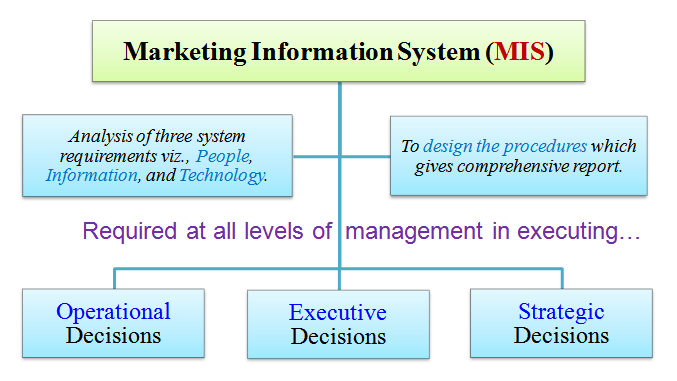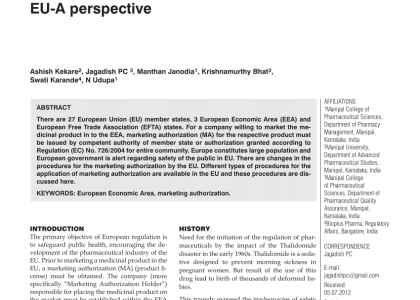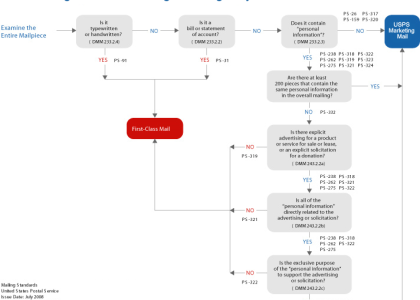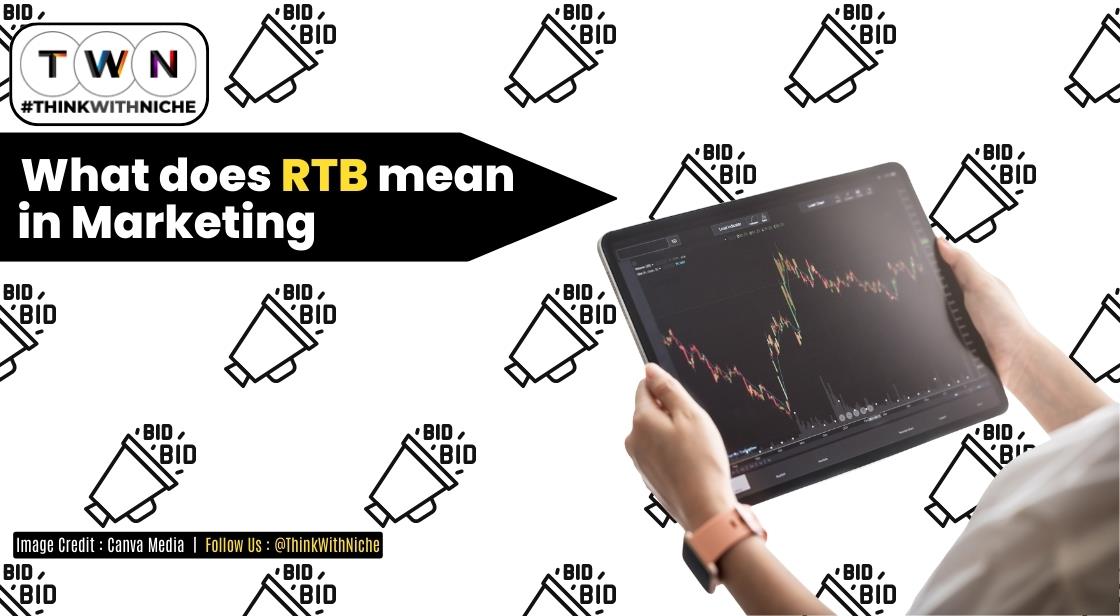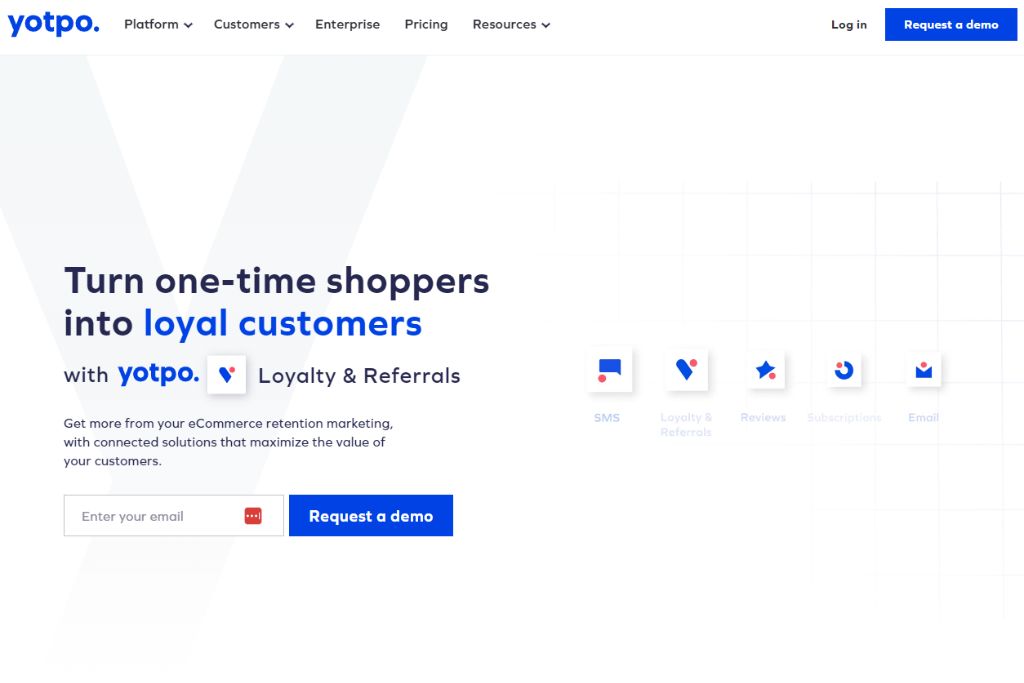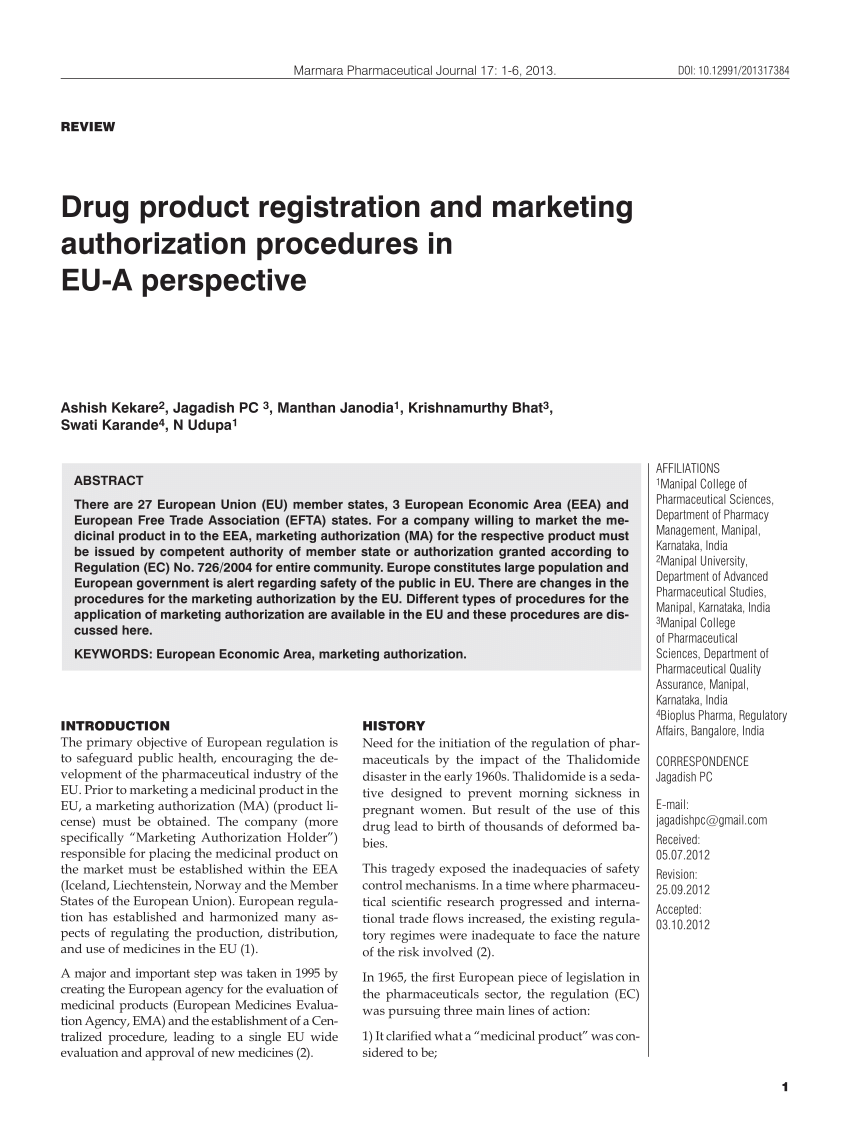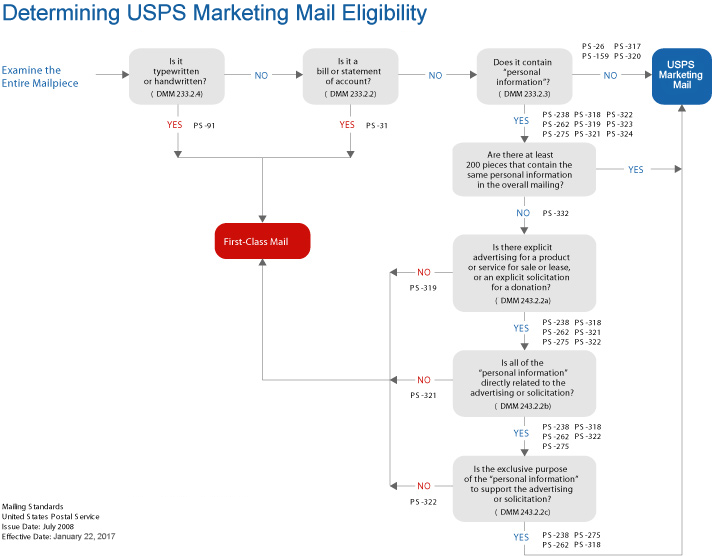In the rapidly changing marketing environment of today’s business world, the ability to navigate through a flurry of data is fundamentally important. This article embarks on a journey to enlighten readers about the concept of managing marketing-related data, its key role, and the tools necessary to successfully perform this task.
Understanding and effectively managing marketing information aids businesses in comprehending their target market, tracking their competitors, and fine-tuning their strategies. It has become an irreplaceable aspect of modern marketing, acting as a compass guiding a company’s promotional efforts. This comprehension of the sphere can be gained with an exploration of its definition and categorization of its relevance in the business world.
Further, we will plunge into the essential tools that function as the backbone for marketing information management. These tools not only facilitate the process, but they also make it more efficient, helping businesses achieve their objectives. In the end, having the right tools at hand and a comprehensive understanding can propel your marketing efforts to new heights.
Understanding what Marketing Information Management means
Management of marketing details draws upon a broad concept that incorporates the gathering, analyzation, and distribution of data related to marketing. It’s centered on getting the right information, followed by employing it in an approach that’s beneficial to an organization’s overall marketing strategies.
This system employs a range of resources and techniques in order to accumulate and examine all kinds of marketing-related details. These details may involve market trends, competitor analysis, customer behaviors, sales metrics, and many more.
It’s important to note that in the business world, specifically when it comes to strategic marketing, knowledge is power. The more comprehensive and versatile information an enterprise has at its disposal, the greater the effectiveness of its marketing strategies could be. Thus, it can be deduced that optimized management of marketing information is critical in determining one’s position in highly competitive markets.
Importance of Managing Marketing Information
Appropriate handling of marketing info enables businesses to stay aligned with market trends and adapt their strategy as per the shifting landscape. It also allows them to better comprehend their customers’ preferences and demands. Hence, they can enhance existing products or design new ones that meet or even exceed these expectations. Additionally, it also helps them pitch their products more effectively to customers and gain an edge over competitors.
Here are a few key benefits of managing marketing information effectively:
- Improved decision making: It empowers companies to make informed decisions on crucial matters such as product pricing, advertisement campaigns, and sales strategies.
- Better customer understanding: Companies are able to grasp customer behaviors and patterns more effectively, which can contribute to successful customer retention and acquisition strategies.
- Forecasting trends: Businesses can anticipate and prepare for future market scenarios, thereby positioning themselves favorably for any market changes.
The Significance of Administering Marketing Data
Administering marketing data is a critical element in any business strategy. The main reason behind its importance lies in its ability to assist in making well-informed decisions. A business can leverage marketing data to better understand market conditions, customer behaviors, and trends. Furthermore, it can gain valuable insights into competitors’ strategies and performance. This rich source of information can lead to more effective marketing strategies and help boost sales.
The role of marketing data administration can be seen in three primary aspects – strategizing, competitiveness, and customer satisfaction.
Strategizing
Accurate data is critical in formulating a robust marketing plan. It provides insights into the target market, enabling businesses to design and implement strategies that align with their audience’s preferences. Without proper marketing data analysis, companies risk launching products or services that may not resonate with their customer base, leading to disastrous consequences for their profitability.
Competitiveness
Business landscape is highly competitive. Without reliable data, a business cannot anticipate shifts in the market or adjust to new competitors. Managing marketing information effectively allows firms to identify market opportunities and threats, enabling them to stay ahead of the competition.
Customer Satisfaction
Customer satisfaction is at the heart of any successful business. By understanding customer behavior and preferences, businesses can tailor their products and services to meet customer needs. This increases customer satisfaction and loyalty.
In conclusion, the proper management and analysis of marketing information play a pivotal role in the success of a business. It drastically improves the decision-making process, provides a competitive edge, and increases customer satisfaction.
Main Elements involved in Management of Marketing Data
The process of administering marketing details involves various critical components. These are vital to the efficient execution of this procedure. We will delve into them intensely to get a better comprehension of this particular subject.
Information capturing and collating
One component of the marketing data administration is the collection and collation of information. The importance of meticulous collection of marketing data cannot be overstated. It forms the basis for analysis, strategy formation and decision-making. It involves obtaining data through several avenues, such as consumer surveys, market studies and competitive analysis.
There is a high importance attached to ensuring the collation and organization of this data in an efficient and accessible manner. This way, it can be seamlessly used when required.
Investigation and evaluation of information
Another crucial aspect in marketing data administration involves the analysis and evaluation of the collected data. This component is the foundation upon which marketing strategies are created and business decisions are made.
Data analysis helps in identifying trends, understanding customer preference, and providing deep insights that can help to formulate business strategies. Therefore, it can be said that data investigation empowers a company to make more informed and effective decisions.
Dissemination of Information
After completion of the analysis and evaluation process, the compiled data must be disseminated to the relevant stakeholders. This dissemination process should be executed in a methodical and organized manner to ensure that the data reaches the intended audience in a timely and efficient manner.
A well-structured dissemination plan helps in ensuring that critical data is quickly and accurately shared with necessary people within the organization. This allows for prompt and effective responses to emerging trends and changes in the market landscape.
To sum it up,
The functionality of marketing data management is rooted fundamentally in three main steps: the collection and organization of data, analysis and evaluation of the collected information, and the dissemination of these findings to the relevant parties. Proper execution of each of these components can have a significant impact on the success of a company’s marketing strategy.
Decoding the Role of Information Management Systems in Marketing
Marketing information management is the backbone of a well-tuned marketing strategy. In an organization, its key role lies in collecting, analyzing, and presenting data useful for the decision-making process. Thus, we can understand that marketing information management in a business context has a set of specifics roles, or functions, it must fulfill.
Key Tasks of Data-Driven Marketing Strategy
Primarily, managing marketing information involves meticulous data collection. Businesses need information about their customers, competitors, and overall market trends. This is where the experts step in, engage with primary and secondary sources of information to gather relevant, reliable, and recent data.
Another critical function involves processing and analyzing the collected data. This is how raw data is converted into useful information. The ultimate goal here is to gain insights about customer behavior, preferences, buying patterns, and so on. Furthermore, the processed information should be able to reveal market trends and competitors’ strategies. The results of this analysis guide marketing decision-making, strategy development, and implementation.
- Provide strategic direction: Businesses use the processed data to make informed decisions on product development, pricing, promotion, and distribution strategies.
- Predict future trends: By analyzing past and current data, organizations can forecast potential market changes. This proactive planning enables businesses to stay competitive.
- Enhance customer relationship management: Understanding customer data helps businesses tailor their products, services, messages, and touchpoints to meet customer needs and preferences.
Lastly, an overlooked but vital task of marketing information management systems in a company is information communication and presentation. Distributing processed information across various departments of a company ensures that everyone is on the same page about the company’s marketing strategy. Simplifying complex data into easy-to-understand reports and visual representations makes this step effective.
In conclusion, the proper management of marketing information enables a company to stay attuned to its target market’s needs, counter competition effectively, and execute strategies in a more informed and profitable manner.
Effective Procedures for Implementing a Market Information Management System
Setting up a management system for marketing information can drastically improve a company’s ability to make sound decisions. To put this system into place effectively, there are several steps to follow.
1. Define Your Goals
Firstly, a business must clearly outline what it hopes to achieve with this system. Setting objectives such as understanding customer behavior or identifying market trends can help shape the rest of the implementation process.
2. Find the Right Tools
There are various tools available for managing marketing information. Some may opt for custom-built software, others might find more value in off-the-shelf solutions. The choice should ultimately align with your unique requirements and budget.
3. Collect Relevant Data
Once the tools are in place, it’s time to start gathering data. This can involve customer surveys, social media analysis, market research reports and more. Effort should be made to ensure data is diverse, up-to-date and accurate.
4. Analyze and Interpret the Data
Data collected is only useful if it’s properly understood. Experts should interpret the data, drawing meaningful insights which can be used in the decision-making process. Consideration should be given to current market conditions, competitions and the set goals.
5. Make Data-Driven Decisions
With the insights at hand, the business can now make more informed decisions. The interpretation of the data should guide the decision-making process and help the company in achieving its objectives.
6. Continuously Monitor and Adjust
Lastly, the process is not a one-time event. The company should continuously monitor the data, gather insights and adjust the tactics as the market changes. This dynamism is crucial to any successful marketing information management system.
Implementing Software and Instruments in Administrating Information for Marketing
Several vital tools and software solutions exist that help in the proficient management of marketing data. These are engineered to gather, analyze, and interpret valuable data for making informed marketing decisions and strategies. By utilizing such digital aids, organizations can unlock significant insights into their market, competition, and consumer behavior.
Customer Relationship Management (CRM) Systems are among the most prevalent software used in handling marketing data. These holistic platforms allow businesses to manage and analyze customer interactions throughout the customer lifecycle. By doing so, they can improve business relationships, streamline processes, and boost profitability.
Analytics Tools are crucial in interpreting complex data and providing useful insights. Software like Google Analytics, Adobe Analytics, and IBM Watson can track, record and evaluate online traffics and interaction. These insights can help businesses better understand their online performance and make necessary improvements.
- Market Research Software: Tools like Qualtrics and SurveyMonkey are used for conducting market surveys and studies. They’re designed to collect and analyze data regarding market trends, consumer preferences, and competitor strategies. This information can help businesses better understand their market position and refine their marketing strategies.
- Email Marketing Software: Programs like MailChimp and SuperOffice manage and automate email marketing campaigns. They can track open rates, click rates, and other vital metrics to refine email marketing practices.
- Social Media Management Tools: Platforms like Hootsuite and Buffer allow businesses to efficiently manage their social media presence. They offer capabilities like scheduling posts, monitoring online engagement, and analyzing social media performance.
These software and tools for managing marketing data in its many forms allow businesses to harness available data effectively and gain a competitive edge. They support making data-driven decisions that are crucial for sustained growth and profitability.
Advantages of Implementing Tools for Managing Marketing Information
Tools designed for handling marketing data management are key assets for companies in the competitive marketplace of today. These tools offer numerous advantages, all centered around enhancing the effectiveness of marketing strategies.
For starters, these instruments enable businesses to make well-informed decisions. Given the crucial role marketing plays in business growth, it’s essential for companies to have accurate and up-to-date data. With marketing data management tools in place, companies are better equipped to gather, consume, and analyze data that is pertinent to their marketing efforts.
Efficient data management is one other major advantage. Regardless of how much data a company accumulates, these tools can handle vast volumes of data efficiently, which is key to keeping your operations running smoothly. By enabling quick access to saved data, these tools help companies save time, which in turn can be used to focus on core business areas.
These tools also offer superior data analysis capabilities. By drawing data from a variety of sources, these tools make it easier to identify patterns, analyze trends and understand consumer behavior. As a result, companies can create more targeted and effective marketing campaigns.
The Role of Marketing Data Management Tools in Enhancing Collaboration
Marketing data management tools also play a vital role in simplifying collaboration across teams. With easy access to the same data, teams can work together more effectively, avoiding the confusion and miscommunication that can arise from having disparate sets of data.
- They help in creating a centralized system of data, hence improving the efficiency of data sharing and collaboration.
- They enable seamless communication between different teams or departments within a company, boosting productivity and ensuring everyone is on the same page.
- Marketing strategies can be made more understandable and transparent by utilizing the visualization features of these tools, thus fostering greater collaboration amongst team members.
By implementing these tools, companies can truly optimize their marketing activities, ultimately leading to increased sales, better customer relations, improved brand awareness, and overall business growth.
The Impact of Managing Marketing Information on Business Decision Making
Organizing marketing data effectively can drastically enhance the ability of businesses to make informed decisions. A well-developed implementation of marketing information control helps in gathering valuable customer insights, such as their purchasing habits, preferences, and feedback. This further accrues into vast reserves of data, which, when analyzed correctly, can offer vital indicators for the growth and development of a business.
First and foremost, managing marketing information enables companies to stay connected with their customers. Understanding customers is key to design effective marketing strategies. Thus, knowing what your customers need and how they feel can guide tactical business decisions.
- For example, if customer feedback indicates a common issue with a product, a company can prioritize fixing that particular issue.
- In another scenario, if data reveals that customers are more likely to shop during certain hours, companies can strategize around such behaviors to optimize sales.
Marketing information control also helps businesses discern emerging patterns and trends in the broader market. Identifying market trends allows a company to remain competitive by adapting to changes and exploiting opportunities ahead of competitors. Adequate arrangements for managing marketing data can prepare a business to swiftly react to fluctuations in the marketplace.
Finally, the benefits of marketing information control also extend to the measurement and evaluation of a company’s own marketing efforts. Evaluating marketing performance is integral to identifying whether tactics are working or if they need alteration. Relying on marketing data here ensures that such evaluations are objective, and spur efficient decision-making.
In conclusion, managing marketing information is key to strengthening decision-making processes within a business. It facilitates better understanding of customers, recognition of market trends, and evaluation of marketing performance- all of which are vital to making informed, effective decisions.
A Detailed Exploration of Triumph in Deploying Marketing Information Management
Coca-Cola: Harnessing the Power of Marketing Information
An effective execution of the understanding and management of marketing information can be seen through the massive success story of Coca-Cola. Noteworthy is how this global icon leveraged marketing information management to heighten its reach and influence.
Consummate management of marketing information characterized Coca-Cola’s strategic business model. The company meticulously tracked purchasing behaviors, demographic data, and market trends. This extensive information was diligently extracted from diverse sources including customer reviews, surveys, and social media platforms.
An inspiring breakthrough came when Coca-Cola adopted social media data extraction for market insight. The company understood that this digital era had ushered in new landscapes of interacting with customers and promptly aligned its strategies to tap into these ecosystems.
- Targeted advertising campaigns were choreographed as per insights driven from social media platforms capturing customer preferences, sentiments, and inclinations.
- Nuanced segmentation strategies were employed. These were based on meticulously analyzed data revealing differing tastes and preferences among the varied demographic groups.
In terms of product development, comprehensive research data was pivotal. This extent of market information disclosure shed light on unmet needs and gaps in the market which eventually informed the introduction of new product lines and diversification of existing ones.
Clearly, the effective implementation of marketing information management strategies was integral to Coca-Cola’s success. The case underscores the critical role of applying key tools in the collection, analysis, and use of marketing information.
In a nutshell, Coca-Cola’s triumph embodies the potential power of astute management of marketing information. In today’s dynamic and competitive market environment, this forms an indispensable component of any successful business strategy.
What the Future Holds for the Management of Marketing Information: Anticipated Trends and Forecasts
The incoming wave of advancements in technology is poised to bring about a meaningful transformation in the governance of promotional data. The increasing use of Artificial Intelligence (AI) and Machine Learning (ML), the rising popularity of big data analytics are some key trends set to define the future of this field. These changes signal an important shift in how firms will manage their marketing information.
The Emergence of AI and ML
The application of AI and ML in managing promotional insights is expected to streamline the process. These technologies can analyze large amounts of data, identify patterns and generate action-oriented insights. For instance, AI could be utilized to analyze consumer behavior data and predict future purchases. Similarly, ML can improve the efficiency of marketing campaigns by learning from campaign results and making future recommendations. Such applications make AI and ML compelling tools for managing future marketing information.
Introduction of Big Data
An increasing number of companies are turning to big data for managing and analyzing promotional insights. The extent of inputs that big data can handle and process is massive. This offers the potential for deeper insights into consumer behavior, market trends, and effective advertising strategies. In the future, big data will allow marketing teams to fine-tune their strategies in real-time, based on the insights generated.
Refined Predictive Analytics
Building on the groundwork laid by AI, ML, and big data, predictive analytics is another trend that holds high promise for the future. By leveraging information from past consumer interactions, predictive analytics can forecast the likelihood of future consumer behaviors. This can help marketing teams to plan more targeted and effective marketing campaigns. As technology progresses, we can expect to see even more accurate and sophisticated predictive analytics.
To summarize, these trends offer the potential for better handling of marketing information. However, it is incumbent upon firms to skill up their teams to adapt to these changes, in order to fully harness their potential.
Selecting the Optimum Tools to Manage Marketing Data for Your Enterprise
Making the right decision on which tools to use in the management and analysis of marketing data is a crucial step in driving your business towards success. It is essential to understand that these tools not only enhance the effectiveness of your marketing strategies, but also give you a competitive edge in your industry.
First, you need to identify what your business needs are. Different businesses have different needs depending on factors such as the size of the company, the industry, and the target audience. Define what information will best serve your marketing strategies and look for tools that can help you gather, analyze, and manage it. It’s not just about collecting as much data as possible, but about collecting the right data.
Essential Factors to Consider When Choosing Your Tool
- Functionality: Make sure the tool you choose has the essential features that cater to your business needs. For example, a tool that can track customer behavior data might be useful for a business looking to understand their customers’ preferences and habits.
- Usability: The tool should be easy to use and understand. It should have a user-friendly interface and provide clear, organized output. If your team finds the tool difficult to use, it could lead to underutilization and inefficiencies.
- Integration: It is more efficient if the tool can be seamlessly integrated with other systems in your business, such as customer relationship management (CRM) systems or sales databases. This can lead to increased productivity and improved data coherence.
- Cost: While it is important to invest in a capable tool, it should still fit within your budget. Consider the returns that the tool will bring before making a final decision. Additionally, keep in mind any hidden costs like training and maintenance.
- Support and Training: Tools that offer robust support and training can help your team use them effectively and avoid potential pitfalls. This can lead to better ROI and a more streamlined experience.
In summary, the best marketing data management tool for your business will depend on your specific needs and circumstances. By considering the various factors mentioned above, you can make a well-informed decision that will set your business up for success.
FAQ: What is marketing information management strategy
What is a Marketing Information System (MIS) and how does it support marketing management?
A Marketing Information System (MIS) is a structured system for gathering, consolidating, analyzing, and disseminating information pertinent to the marketing process. It supports marketing management by providing up-to-date information that helps in decision-making and strategy formulation.
How can marketing information management software streamline marketing operations?
Marketing information management software can streamline marketing operations by automating data collection and analysis, organizing customer and market data, and providing tools to manage marketing projects efficiently. This helps marketing departments to work more effectively.
What are the benefits of using a marketing information management system for a marketing department?
The benefits of using a marketing information management system for a marketing department include improved decision-making based on data-driven insights, better coordination within the marketing team, and the ability to track and measure marketing initiatives and their results.
Can marketing information management help in digital marketing strategies?
Yes, marketing information management can significantly help in digital marketing strategies by providing valuable data on customer behavior, campaign performance, and market trends, which can be used to optimize digital marketing efforts.
How does marketing intelligence integrate with a marketing information system?
Marketing intelligence integrates with a marketing information system by providing external data and insights, such as market trends, competitor information, and customer preferences, which complement internal data collected by the system.
In what ways can an internal marketing team use marketing information management?
An internal marketing team can use marketing information management to gather, analyze, and apply customer and market data in developing targeted marketing strategies, creating relevant content, and making informed decisions about marketing initiatives.
What are the challenges of marketing information management, and how can they be addressed?
The challenges of marketing information management include dealing with a large amount of information, ensuring data accuracy, and integrating data from various sources. These can be addressed by using efficient marketing information management systems and ensuring proper training for marketing professionals.
How does marketing information management ensure that marketing objectives are met?
Marketing information management ensures that marketing objectives are met by providing the relevant and correct information needed to build effective strategies and marketing plans. It helps in aligning marketing activities with overall business goals.
What role does a marketing information management system play in managing customer relationship management systems?
A marketing information management system plays a crucial role in managing customer relationship management systems by feeding valuable customer data into these systems, enabling more personalized and effective customer interactions and marketing strategies.
Why is it important for marketing managers to have access to an efficient marketing information management system?
It’s important for marketing managers to have access to an efficient marketing information management system as it allows them to access information they need at every stage of the marketing process, from planning and execution to evaluation, facilitating better marketing decisions and strategies.
How does marketing information management help manage your marketing efforts?
Marketing information management helps manage marketing efforts by organizing and analyzing data related to customer preferences, market trends, and campaign performance. This enables marketers to make informed decisions and tailor their strategies for better results.
What are the different types of marketing that can benefit from an effective marketing information system?
All types of marketing, including digital marketing, content marketing, social media marketing, and traditional marketing, can benefit from an effective marketing information system by gaining insights that help refine strategies and target audiences more effectively.
What are the key components of a marketing information system?
The key components of a marketing information system include data collection tools, data storage systems, analytical software for interpreting data, and reporting mechanisms that provide insights to marketing teams.
How is information management a critical component of a marketing strategy?
Information management is a critical component of a marketing strategy as it involves collecting, analyzing, and using data to develop specific marketing strategies that align with customer needs and business objectives.
In what ways can marketing information management help improve specific marketing campaigns?
Marketing information management can help improve specific marketing campaigns by providing detailed insights into customer behavior and preferences, enabling marketers to create more targeted and personalized campaigns.
How can a business build a marketing information management system?
A business can build a marketing information management system by implementing tools and software for data collection and analysis, integrating these systems with marketing channels, and training staff on how to use the information effectively.
What are the benefits of having a well-structured marketing information management system?
The benefits of having a well-structured marketing information management system include enhanced ability to track marketing performance, make data-driven decisions, streamline marketing processes, and ultimately achieve marketing goals more effectively.
Can you provide an example of marketing information management in use?
An example of marketing information management in use is a company analyzing customer feedback and engagement data from social media to refine its content marketing strategy, resulting in increased engagement and conversions.
How does marketing information management come into play in marketing project management?
Marketing information management comes into play in marketing project management by providing valuable data that informs project planning, execution, and evaluation, ensuring that marketing efforts are aligned with business objectives.
Why is effective marketing information management crucial for achieving marketing success?
Effective marketing information management is crucial for achieving marketing success as it allows businesses to gather and analyze relevant marketing research and data, enabling them to build strategies that are more aligned with customer needs and market dynamics.

